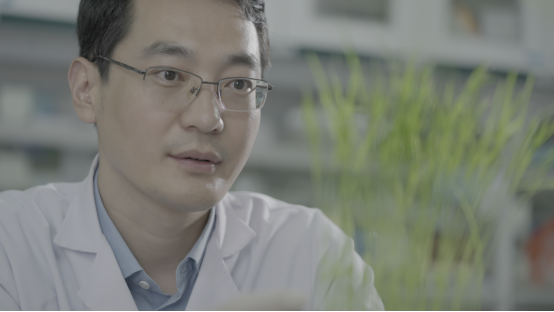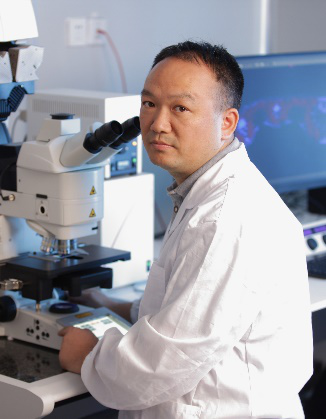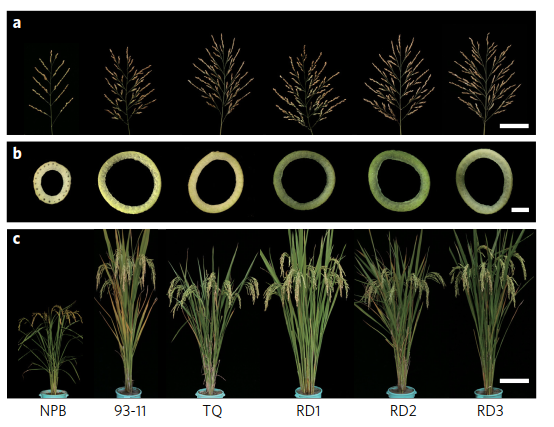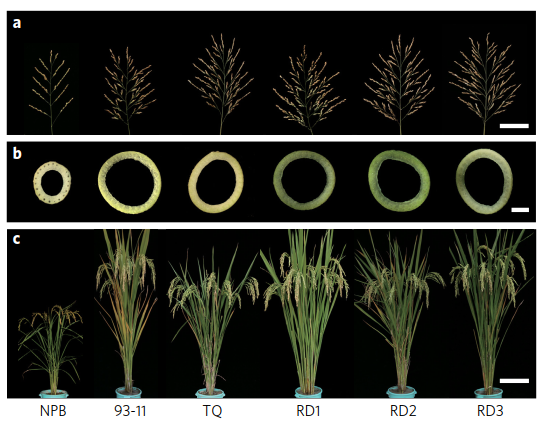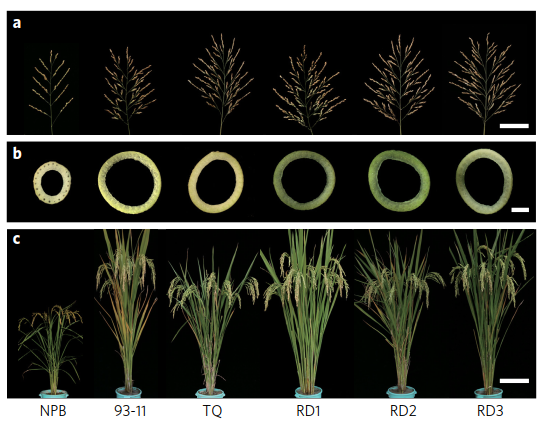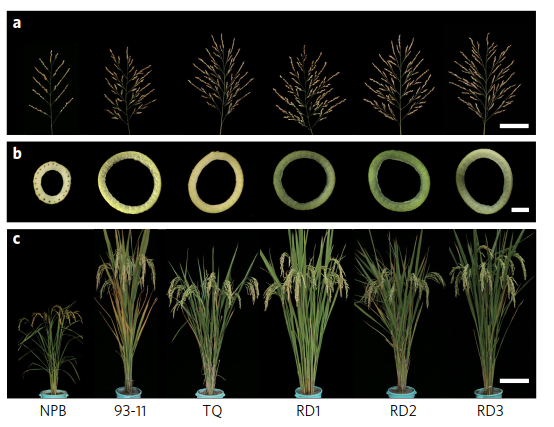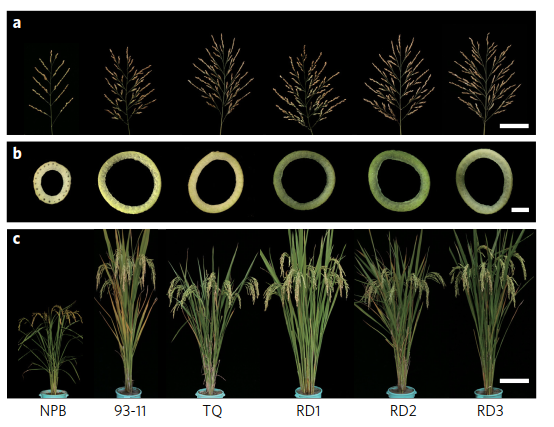Objectives
Genomic technologies create varieties, and varieties improve life quality:Crop and horticulture plants germplasms collection and re-sequencing; Cloning genes that involved in the formation or regulating of important agronomic traits, systematically dissecting their functions and genetic regulatory networks; apply research achievements for new crop varieties breeding.
Introduction
Our goal is to leverage the genetic basis of key agronomic traits in im-portant crops to advance gene discovery and breeding.Using cereals and le-gumes as the core research subject to enable more efficient utilization ofcarbon and nitrogen,we work to develop a truly holistic R&D pipeline fromcollecting and introducing germplasm resources to the characterization ofgenetic and phenotypic diversity,and from exploring the gene regulatory net-work underlying important agricultural traits to ultimately developing and promoting new crop varieties.

Research Areas
Collection and evaluation of germplasm resources
Collect diverse germplasm resources for major food crops (rice, wheat, sorghum, legumes, etc.) and major cash crops (cotton, grapes, flowers, etc.). Use genomics technology to comprehensively interpret genome composition, and build genomic variation databases and super pan-genomic databases; Build a leading high-throughput plant phenotyping platform in Shenzhen, China, and construct germplasm resource phenotypic group data.
Analysis of crop genetic evolution
Based on the genotype and phenotype data of germplasm resources, combined with multi-omics technology, we aim to analyze the genetic laws of crop population domestication and evolution by population genetics and quantitative genetics , to mine favorable variations and eliminate harmful variations, achieving the integration of "natural evolution" and "agricultural breeding".
Smart design breeding of crops
Based on the genetic and molecular basis of the formation of important agronomic traits of crops(rice and wheat, the optimal breeding scheme is designed through artificial intelligence decision-making system to achieve the optimal combination of natural variations. Molecular marker-assisted selection or genome-wide selection strategies are used to aggregate excellent alleles into excellent germplasm resources. We use gene editing and transgenic technologies to accurately improve the selected targets, and eventually creating new germplasm and cultivating new varieties.
PI
Research Team
Big Data and Application of Crop Omics Innovation Group:
Molecular Design and Genomic Breeding of Green and Simplified Rice Innovation Team:
Super Rice Germplasm Innovation Group:



